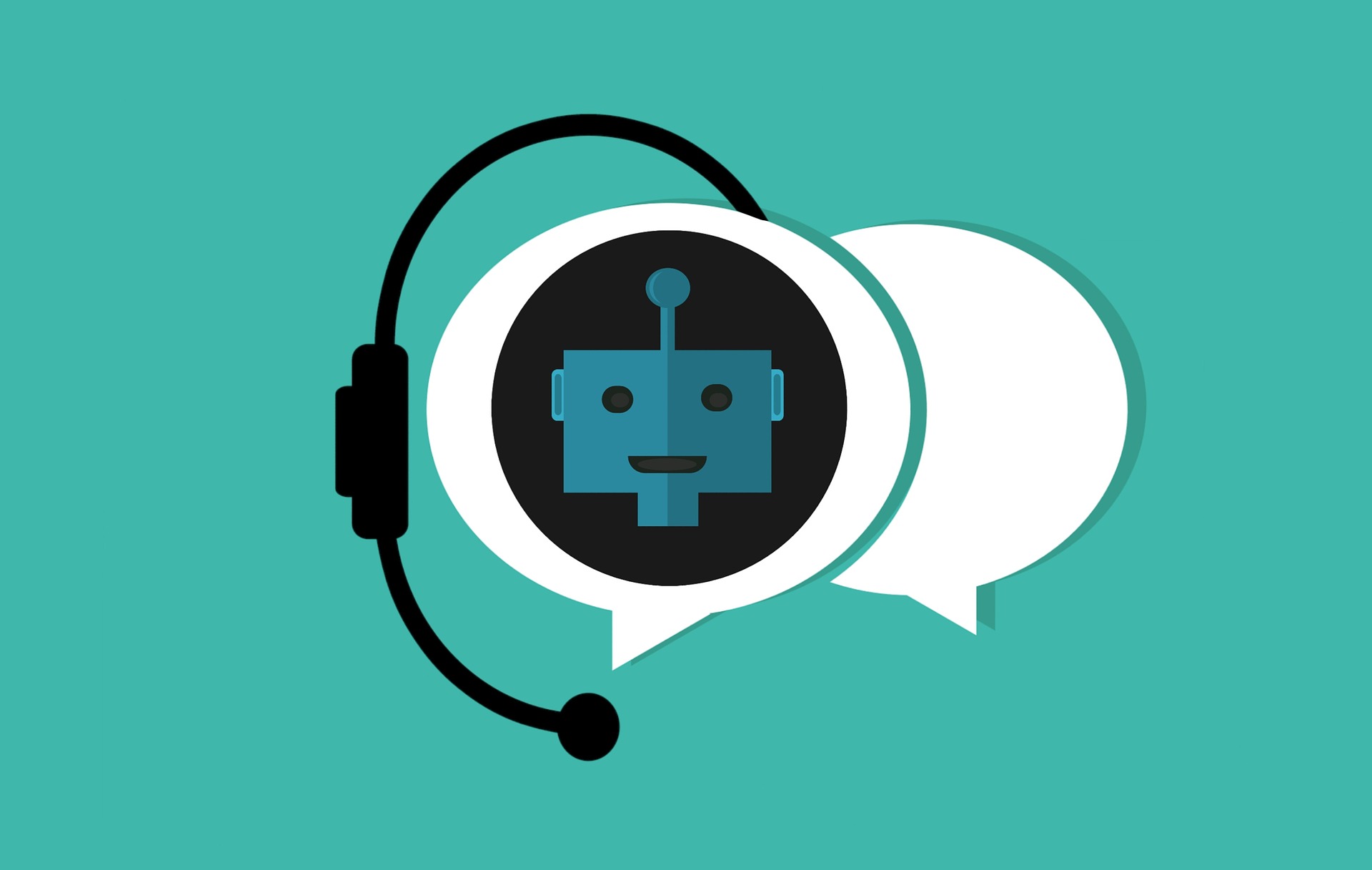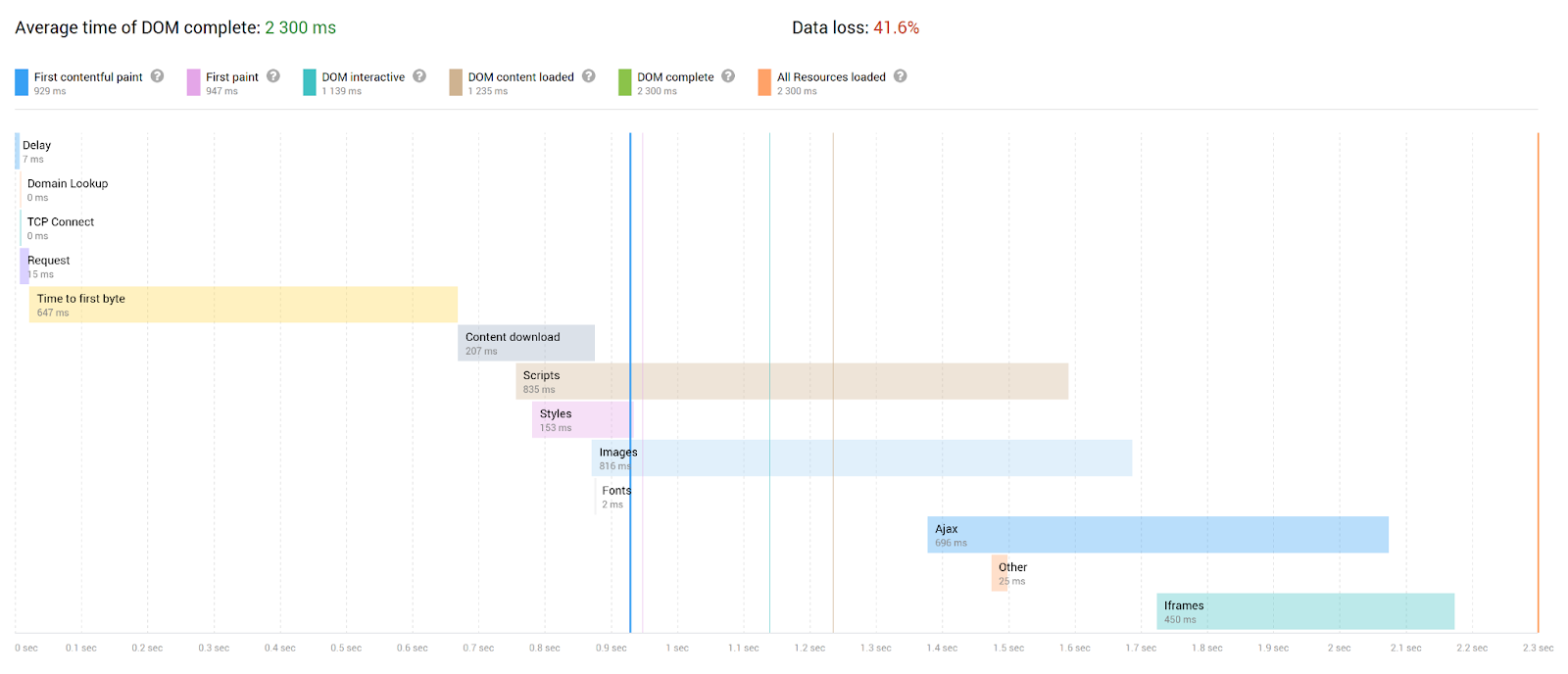The Impact of AI and Analytics on E-Commerce Customer Service

A long time ago, the mathematical apparatus used in modern artificial intelligence algorithms appeared. However, the technology's application was long limited. There was a lack both of data and ways of collecting and processing it in the right way. But it is only in recent years that the concept of using AI to solve business problems has begun to take hold. The benefits of using artificial intelligence in customer relations became apparent as soon as computing power reached the necessary level, high-quality data processing tools appeared on the market, and virtual agents and chat bots were made functional. Artificial intelligence has the potential to be a game changer in terms of the customer's experience with a brand. Real financial performance is a function of the speed of customer response and problem resolution. Organizations around the world, particularly large B2C companies, have begun to integrate artificial intelligence into their customer interactions on a large scale and are seeing the first results almost immediately. For example, Amazon's AI-powered recommendation mechanism generated 35% of the company's total sales, according to research by Martech Advisor. And now, even smaller companies are slowly starting to solve problems with AI and big data, despite limited resources. Let's take a look at some examples of exactly how artificial intelligence and analytics services can help businesses to improve their relationships with their customers.
24/7 Support
Today's customer service agents deal with a large number of customer inquiries every day. Reducing the average resolution time for each customer issue is of paramount importance. Companies need to be available and able to respond to their customers' requests at any time of the day or night. This is made possible by automated customer service. Chatbots play an important role in meeting these challenges, responding to customer or prospect queries with little or no human intervention. Most chatbots have a fairly primitive algorithm, even for basic artificial intelligence: They receive a request consisting of one or more commands, process it, and respond if the command is generic, or escalate it to a real person in the appropriate support department if the request requires a manager. Not only can chatbots provide quick answers with immediate responses in real-time, but they can also reduce the burden on humans by handling a greater number of customer queries with accuracy and human-like behavior. By 2025, more than 95% of customer interactions will be handled without a human, according to Servion Global Solutions.
Influencing the Customer
An important set of tasks for which AI is used is related to influencing the customer (Next Best Offer/Next Best Action). This influence has different objectives: Generate leads, cross-sell, complete a transaction, retain a customer, and increase customer loyalty. In general, all these efforts are aimed at better understanding customers and offering them more personalized products that fully meet their needs.

The advanced retention report of Finteza helps to track unusual customer behavior to test a new hypothesis
n this case, the company first collects maximum data on potential customers. It gathers it from both internal sources (an authorized profile on the company's site, customer feedback from previous interactions, and behavior on the website or in a personal account) and external sources, such as social media profiles and other data that analytics services can collect. Nowadays non-AI systems already are pretty automatical, but they still need a human to decide what’s the next step. The system uses this data to predict the customer's next actions and uses it to create realistic sales plans based on long-term predicted customer demand and to prevent customers from churning. The data collected can also be used to target customers based on various factors, from a list of regular in-store purchases to social media likes. The data gathered can be used for personalizing both the content and the presentation of the offer. Such personalized offers can help brands to effectively overcome 'banner blindness'.
Improving Interaction
Human-customer interactions can be significantly improved through artificial intelligence. AI-enabled messaging and AI email and web page tagging are the most significant ways in which artificial intelligence is improving customer service. AI-enabled messaging allows customer service agents to handle the majority of customer inquiries using chatbots. This reduces customer wait times. AI email and web page tagging allow AI-powered programs to scan, tag, sort, and route emails to the right section, reducing the time it takes to read each customer request. This will help support staff to save time and focus on more complex tasks that, at this stage, would be absolutely impossible to carry out without human intervention.
Personalized customer experience
Modern tools can already show a lot of crucial metrics and give some advice on how to make the landing pages better.

Performance report of Finteza helps webmasters to track down issues of a website in real-time
According to research, 71% of customers would like to be able to deal with customer service issues themselves. AI is already playing a huge role in helping customers find the information they need in a faster, more accurate, and, ultimately, more efficient way. Artificial intelligence helps analyze customer data and key business metrics. It recommends products or services to customers based on their preferences. Preferences are captured through analytics at the point of browsing or purchase. AI can analyze vast amounts of data. It can even extract information such as weather and location and suggest relevant content to customers. This approach allows for better customer personalization; companies can focus on individual shopping patterns and have a better understanding of each customer. They can deliver relevant content at the right time and through the right channels. As a result, customers can find solutions on their own from their own perspective. They do not need to contact customer service.
Helping customers make decisions
According to many surveys, most shoppers believe that AI-powered chatbots help them make better buying decisions than humans. These days, shoppers are increasingly interacting with brands through a wide variety of devices, so personalized touch points are needed to help customers make decisions. Automated assistants based on artificial intelligence instantly respond to customer inquiries, gather comprehensive information about a product or service and advise customers to help them make the right decision.
This reduces the time people spend on the selection and process of purchasing a service or product, and they are freed up to do other tasks. It also speeds up the problem-solving process by finding and providing solutions in a timely manner. And just in case the conversation between the customer and the chatbot becomes difficult, the interaction is handed off to a human employee. Thanks to their machine-learning capabilities, bots can learn from repetitive questions and provide accurate solutions for a particular problem. And the accuracy of neural network responses keeps increasing, while response times keep dropping. Chatbots are also increasingly able to recognize human behavior patterns, which is useful for both customers and companies.
Simplified task management
Artificial intelligence bots or other systems that are used for customer service are able to perform a number of different tasks at the same time. This has revolutionized the relationship between brands and customers. According to IBM, 52% of customers hang up on customer service lines because they can't or won't wait long for a customer service agent to resolve their issue, and about half of customer service calls go unresolved. That's why companies are enthusiastically exploring the idea of bringing artificial intelligence into their business to interact directly with their customers. AI can provide automated answers to customers and provide the content of frequently asked questions, while human agents can get tired of tasks involving large amounts of data. AI can also assist in sifting through data, obtaining additional data, analyzing data, searching for relevant data, answering repetitive questions, and performing routine tasks.
In summary
We can conclude that today's businesses need to integrate artificial intelligence into their systems in order to attract customers, retain them, and make them loyal. AI makes communication with customers more productive and more enjoyable for both parties and helps you to stay one step ahead of the competition. It can also make the lives of customer service agents much easier. Automating quick responses, data analysis, personalization, routing requests to the right team, speeding up responses, finding solutions, recommending products and services, prioritizing requests or inquiries, and much more are successfully done with AI, allowing humans to focus on more complex tasks.
(Disclaimer: Devdiscourse's journalists were not involved in the production of this article. The facts and opinions appearing in the article do not reflect the views of Devdiscourse and Devdiscourse does not claim any responsibility for the same.)










